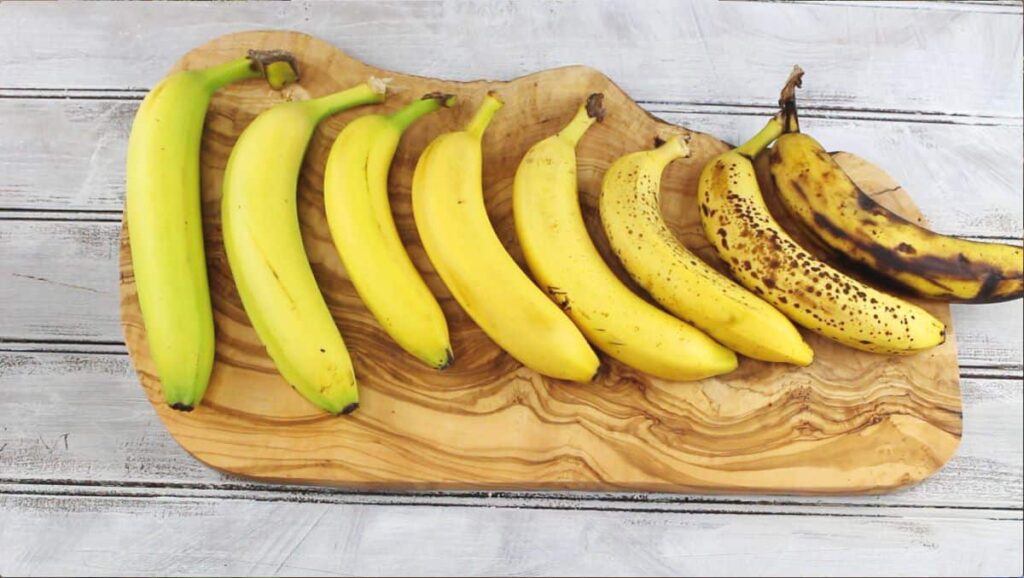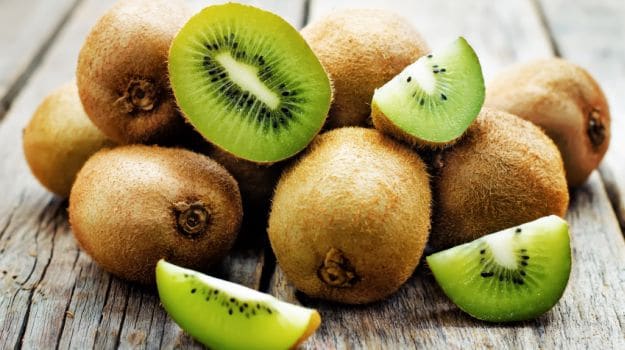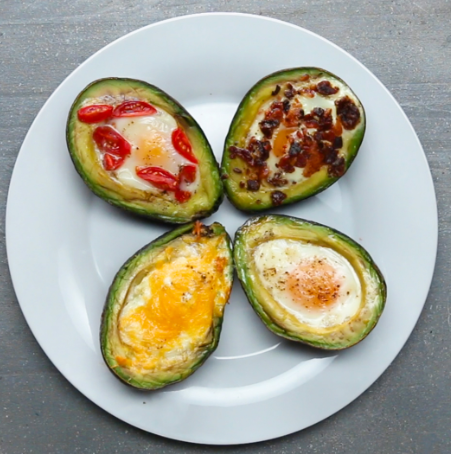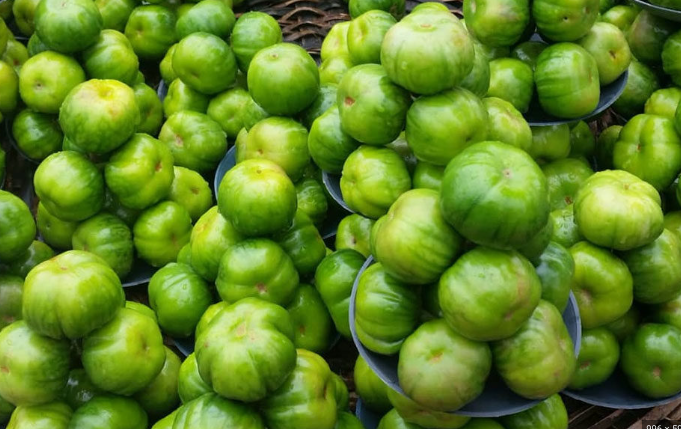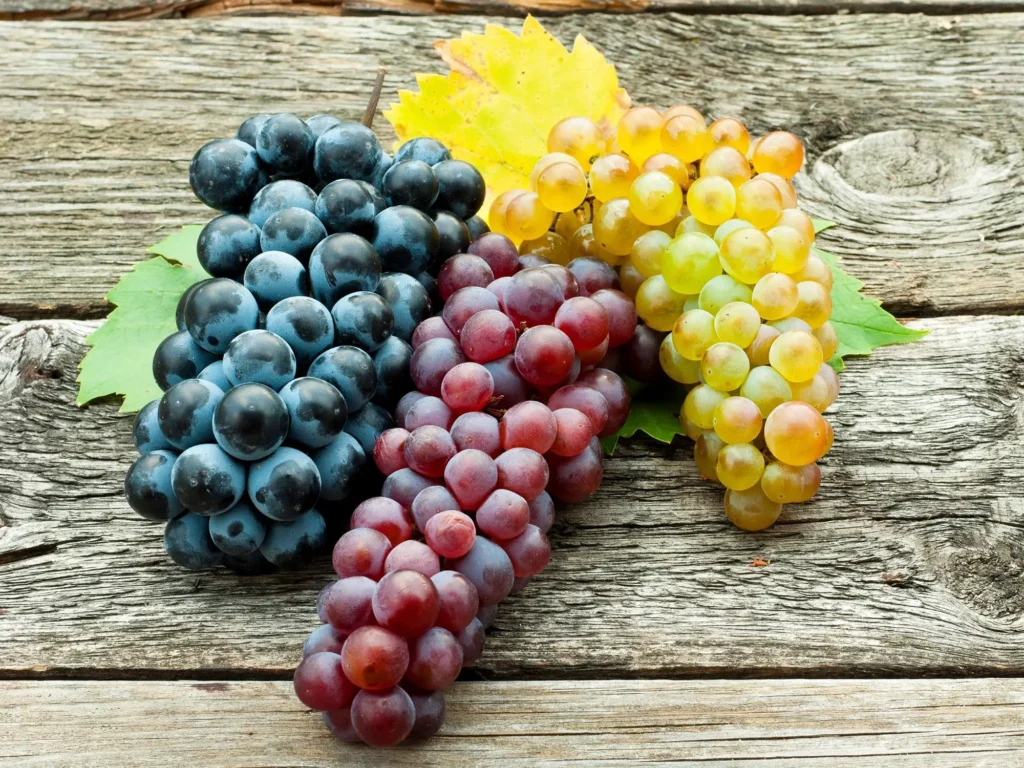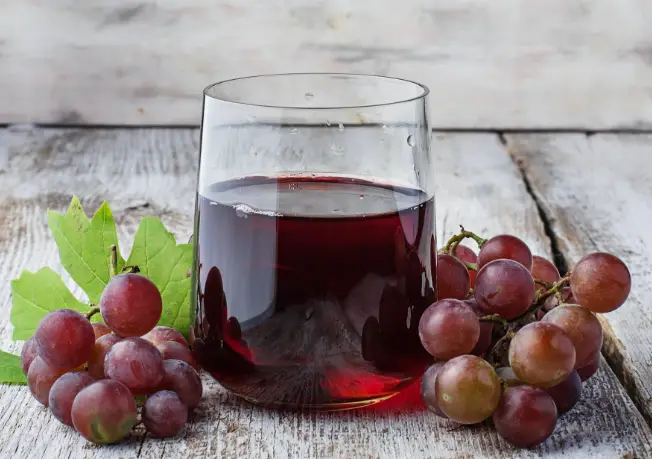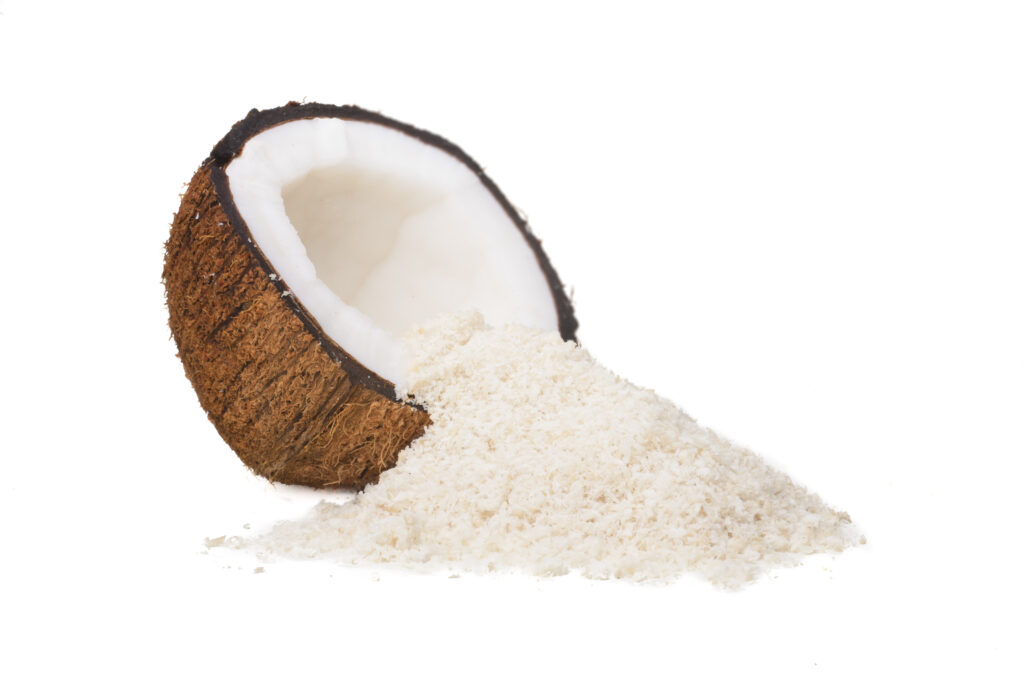Atrial fibrillation (AFib) is a heart problem that many people have. Actually, over 33 million folks around the world have it. Since more people are getting AFib, they want to know if changing their diet, like eating bananas, can help. So, are bananas good for AFib? Let’s find out.
AFib happens when the top parts of the heart, called the atria, don’t beat the right way. Instead of working together with the bottom parts, the ventricles, the heart’s beating gets out of whack. This messes up how the heart pumps. AFib can come and go, but it can also stick around all the time.
So why do some people get AFib? Things like high blood pressure, being overweight, having sleep troubles, diabetes, stress, unbalanced minerals in the body, and thyroid issues can play a role. Smoking, too much alcohol, family history, and getting older can up your chances, too. But the way you live, including what you eat, also matters a lot for your heart.
Table of Contents
- What’s In A Banana?
- Why Bananas Might Be Good for AFib
- Potential Downsides of Bananas in AFib
- So, Should You Eat Bananas if You Have AFib?
- How To Include Bananas in Your Diet for AFib
- 1. Pick Ripe Bananas
- 2. Enjoy Bananas in Small Amounts
- 3. Mix Bananas With Other Kinds of Fruit
- 4. Add Bananas to Foods That Are Good for Your Heart
- 5. Choose More Foods That Have a Lot of Potassium
- 6. Remember to Drink Water
- 7. Think About Taking Supplements If Necessary
- Final Thoughts – Can Bananas Help with AFib?
What’s In A Banana?
A banana isn’t just a tasty snack – it’s filled with goodies that are great for your heart:
- Potassium: This mineral is really important for controlling blood pressure and is found in plenty in bananas.
- Magnesium: Not having enough magnesium can mess with your heart’s rhythm, but bananas can help.
- Fiber: Bananas can help bring down cholesterol, which is good for keeping your heart in shape.
- Vitamin C: This keeps your immune system strong and looks after your heart.
- Choline: This nutrient helps your body’s cells do their job, especially when it comes to your nerves.
- Tryptophan: Bananas have this amino acid which might lower inflammation that can cause AFib.
- Manganese: Manganese is good for your bones, helps you turn food into energy, and makes sure your nerves work well.
Together, these nutrients from bananas can do a whole lot of good for your heart’s health.
Why Bananas Might Be Good for AFib
Bananas have a lot of benefits that may help people with AFib:
- They have a lot of potassium. Doctors often tell people with AFib to take potassium supplements, but bananas can be a yummy natural source.
- They can help lower blood pressure. Because bananas have potassium, magnesium, and fiber, they’re great for managing high blood pressure.
- They reduce stress on the heart. The antioxidants in bananas can fight off damage and inflammation that could lead to AFib.
- They keep your heart and nerves healthy. Many nutrients in bananas are good for your heart and the nerves that control it.
- They help you lose weight. Since being overweight can cause AFib, the fiber in bananas can help you feel full, eat less, and keep your weight down.
Potential Downsides of Bananas in AFib
However, bananas aren’t perfect and there are some things to watch out for:
- They can spike your sugar levels. Even though bananas aren’t loaded with sugar, they do break down quickly in your body which can make your blood sugar jump. This isn’t great for people with AFib who also have trouble with their blood sugar.
- Banana fibers can upset your stomach. While the fiber is good for you, eating too many bananas might cause bloating or a tummy ache.
- Some people might be allergic. Banana allergies are rare, but they can cause itching or swelling if you have one.
- They can affect some medications. If you’re taking certain meds, especially for blood pressure, you’ll want to eat bananas carefully because they have a lot of potassium.
So, if you have AFib, keep these things in mind when you think about eating bananas.
So, Should You Eat Bananas if You Have AFib?
Looking at the good stuff in bananas, they seem like they can really help manage AFib. They do a lot of good things for the blood flow in your heart. But they might not get rid of AFib by themselves. Think of bananas as a helper that goes with other treatments. Staying active, stressing less, not drinking too much, and keeping your weight in check are also super important.
Most of the time, bananas are fine to eat when you’re looking out for your heart. But if you have problems with your stomach or with controlling your blood sugar, you might want to enjoy bananas in smaller amounts.
All in all, adding bananas to what you eat can really support your treatment for AFib. They come with a bunch of nutrients, antioxidants, and fiber that can keep your heart ticking well and may cut down on AFib problems. While they’re not a cure-all, including bananas in a balanced diet is a smart move for your heart.
How To Include Bananas in Your Diet for AFib
Now that you know bananas can be good for AFib, what’s the best way to eat them? Here are some tips:
1. Pick Ripe Bananas
When bananas get ripe, they get sweeter and are easier to digest. That’s because the starch in them turns into sugars that are good for you.
When bananas are fully ripe, with a yellow color and brown spots on them, they have the most antioxidants. Try to stay away from bananas that are still green and not ripe yet.
2. Enjoy Bananas in Small Amounts
Bananas have carbs and potassium, which can be too much for some people if they eat more than 2 or 3 each day. Try to eat bananas in small amounts and as part of a diet that includes different plant foods.
3. Mix Bananas With Other Kinds of Fruit
If you eat bananas with fruits that don’t raise blood sugar quickly—like apples, pears, or berries—it helps control how fast sugar gets into your blood.
4. Add Bananas to Foods That Are Good for Your Heart
You can put banana slices on oatmeal, yogurt, or cottage cheese. You can also add them to nuts. Make a smoothie with bananas, protein powder, or milk after you exercise. Another idea is to freeze bananas and make your own banana “ice cream.”
5. Choose More Foods That Have a Lot of Potassium
Besides bananas, eat foods like avocados, salmon, potatoes, beans, greens, and yogurt because they have a lot of potassium.
6. Remember to Drink Water
Drinking enough water is important. It helps your body take in potassium from bananas and other foods high in potassium, and it stops you from getting an electrolyte imbalance.
7. Think About Taking Supplements If Necessary
If you can’t get all the potassium you need from food, you might think about taking supplements, but make sure to talk to a doctor first.
Bananas can be a part of your diet to help you manage AFib better over time, if you make sure you eat them the right way.
Final Thoughts – Can Bananas Help with AFib?
Dealing with atrial fibrillation is tough, and there’s no sure fix. Making changes to your lifestyle is one of the best ways to lower the chances of having heart rhythm problems and other issues. Bananas could help with managing AFib in these ways:
- Adding more potassium to your diet
- Helping to lower your blood pressure
- Giving you antioxidants
- Helping you lose weight and cut down on cholesterol
- Keeping your heart and nerves working well
But don’t rely only on bananas to deal with AFib. While they can help, their impact is limited and should be part of an overall plan. People with stomach problems or who take certain medicines need to be careful with bananas.
If you’re okay with eating bananas and don’t have too many, they can be a simple and not expensive way to help other AFib treatments. It’s important to also get medical help and make other changes to your lifestyle for long-term control. A couple of bananas each day can be good for you and help keep your heartbeat more regular and avoid things that might trigger a problem.

